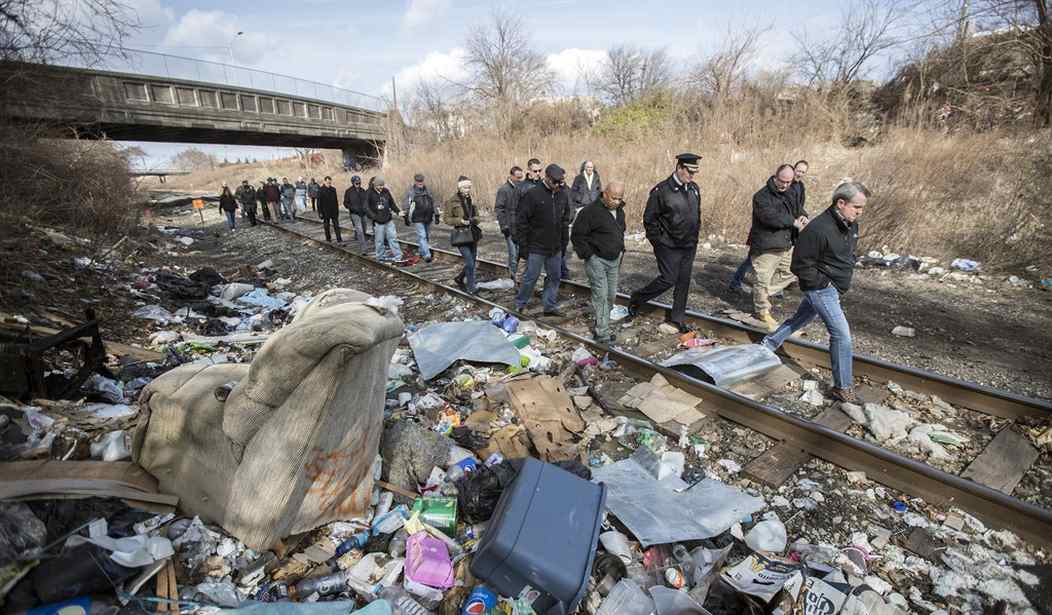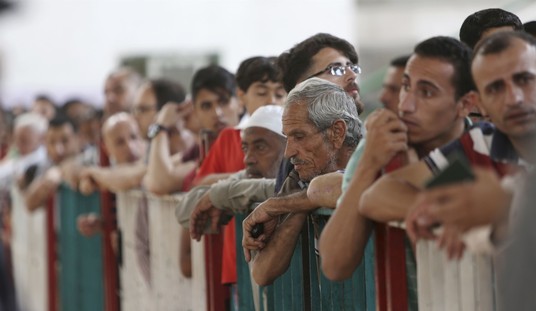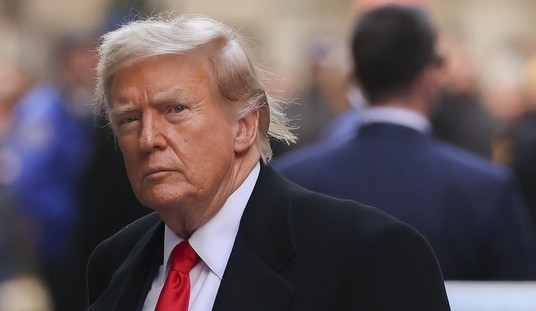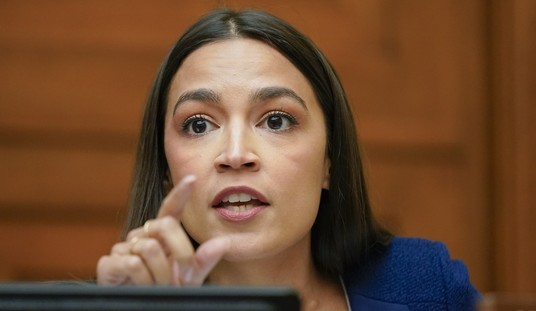On the West Coast, cities like Portland, Seattle, and San Francisco have begun to roll back their lax enforcement of drug use.
In refusing to prosecute offenders, jails may be less crowded, but the hospitals are doing gangbuster business with overdoses, and undertakers are getting rich burying the victims of skyrocketing drug deaths.
This is "criminal justice reform" in action. And it's killing the cities where it's being employed.
That's why cities on the West Coast have reimposed harsh sentences for public drug use and public intoxication and are trying to clear out homeless encampments where the drugs are being sold. The radical left doesn't like it. Many of the addicts are homeless, and they say punishing homeless people is not the answer.
It's not the complete answer, but it's a damn fine start.
Now, one of the most notorious drug-infested neighborhoods on the East Coast in Philadelphia will experience its own crackdown. Residents say they've seen this before and are not confident in success. But Mayor Cherelle Parker, who was elected with a promise to clean up the Kensington neighborhood that has become a symbol of lawlessness in the city, says this time is different.
Good intentions are fine. But good intentions without a plan, without money, and without direction are just gas.
The effort is heavy on ambition and light on specifics, particularly how the city will address the long-term needs of the hundreds of people suffering from addiction and now living on the sidewalks. Officials have told the City Council that they are creating a “medium- to long-term system and structures for care, treatment, housing, jobs” — a system, they acknowledge, that does not currently exist.
Central to the initiative is heavier law enforcement in the neighborhood, and, though this phase has yet to formally begin, the police are clearing a large homeless encampment this week.
Much of this has troubled some public health experts. The city’s aim, said Scott Burris, who directs the Center for Public Health Law Research at Temple University, is to “exercise pressure on people to get treatment services.”
Any addiction expert will tell you that forcing someone into treatment is counterproductive. An addict has to want to get clean. Very few addicts decide to get clean after being forced into treatment. That's why the recidivism rate is nearly 95% for heroin and cocaine,
But this would not solve the fundamental challenge of Kensington, he said, where large numbers of people need wound care, treatment for infectious disease, counseling, short- and long-term housing and jobs, even as they struggle to recover from an ever-changing mix of new and devastating drugs. “That’s always been our problem,” he said. “We don’t have the actual services available.”
The city has taken a gradualist approach to the problem of cleaning up Kensington Street.
“This is a longstanding issue, and this is not a one-size-fits-all solution, so I think everyone needs to be at the table,” Rosalind Pichardo, with Operation Save Our City, said. “It can’t be an opinion from a politician; it has to be the fact of a physician and a medical professional to deal with the crisis that we’re having here.”
Dealing with the homeless issue is one aspect of the problem. Eliminating the drug trade is a law enforcement problem. And the city is ramping up operations to crack down on what is thought to be a billion-dollar industry.
Years of police operations and encampment sweeps failed to fundamentally change the neighborhood. Mayor Parker’s predecessor, Jim Kenney, moved the city’s strategy decidedly away from law enforcement and toward “harm reduction,” aimed at keeping drug users alive while coaxing them into recovery.
Many residents insist this strategy made things worse. “It seems like people are being coddled!” Crystal Anderson, 52, declared at a recent meeting of the Harrowgate Civic Association. “We are tired!”
Quetcy Lozada, a City Council member who represents most of Kensington, said “They basically sent a message that there was not going to be policing."
The city banned "supervised injection sites," and a "harm reduction" nonprofit was kicked out of its building. Mayor Parker has also pledged to stop all city funding for the needle exchange program.
The combination of the velvet glove and iron fist won't work unless the fist can knock down the drug trade. Giving people a fighting chance to get clean works far better when the temptation to use is lessened.









Join the conversation as a VIP Member